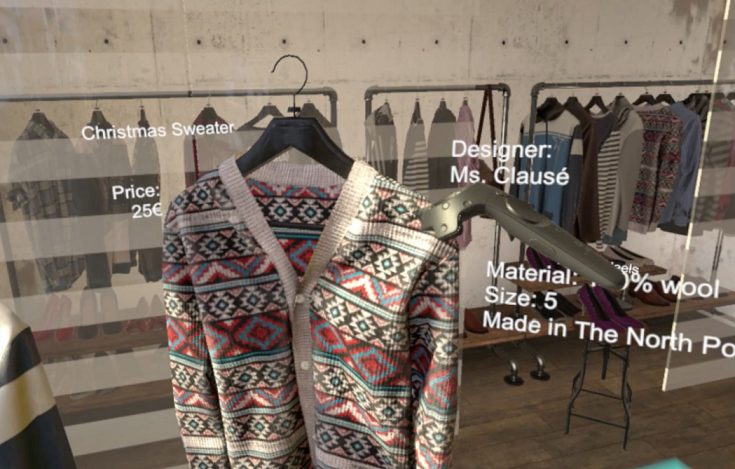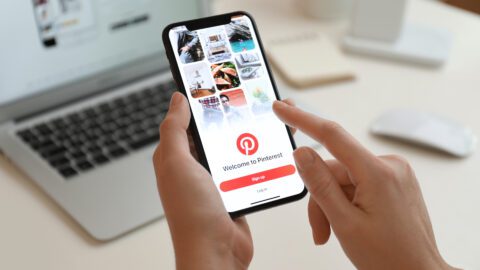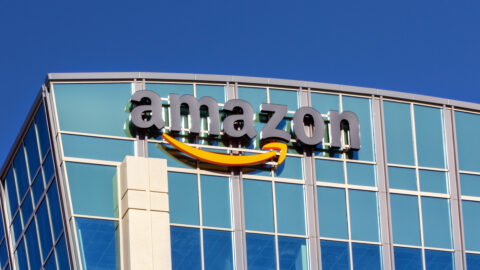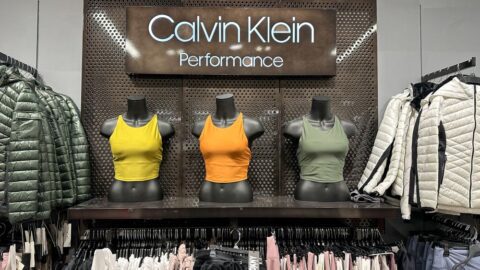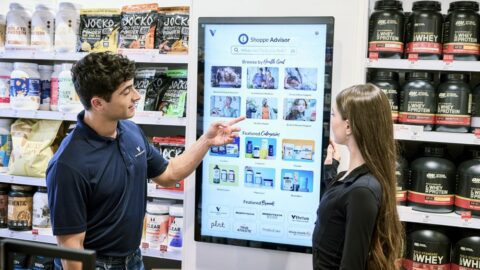Virtual reality (VR) and augmented reality (AR) have generated plenty of attention in retail in recent years, but most retail marketers still don’t see the benefits of the technology. As many as 57% of retail marketers report that VR does not apply to their organization, while 55% say AR does not apply, according to data from Yes Lifecycle Marketing.
The number of marketers presently using VR (7%) and AR (8%) remains miniscule. And up to 35% of respondents said they have reservations about AR/VR and/or do not intend to use it, so there’s little indication of momentum for the technologies building any time soon.
Retail marketers are using other advanced tactics to draw in the consumer, including:
-
Social media share buttons (68%);
-
Video (56%);
-
User-generated content (38%); and
-
Dynamic offers (23%).
The results indicate that marketers are more pragmatic about their plans to improve marketing efforts and less focused on the flashier options. The report suggested that these marketers may want to ensure they achieve mastery with tactics that predate VR, AR and others.
Retailers Aware Of Personalization Difficulties
These marketers also are seeking answers to closing the strong “personalization gap” in retail today. Many retailers haven’t fully implemented personalization, although 64% of them consider it a top-three priority. As many as 68% of retailers say they wish they could improve email personalization, and 59% say the same about web site personalization.
Marketers must boost their personalization skill sets if they want to successfully implement more advanced marketing tactics such as UGC, dynamic offers, beacons and AR/VR.
Respondents rating themselves admitted they still have a ways to go with enhancing their personalization capabilities. On a scale of zero to 10, with zero being “highly personalized” and 10 being “one-size-fits-all”, 49% leaned towards one-size-fits all.
While they believe they miss the mark on personalization, many marketers feel that their efforts are improving, with 68% leaning towards “evolving,” on a scale from “static” to “evolving”. And on a scale from “uninspired” to “innovative”, 56% lean toward “innovative.”
Many brands that are serious about their plans to improve personalization will look to marketing technology and service providers for help. When searching for a marketing service provider, marketers rank technology innovation and analytic services as the most important elements of these offerings.



